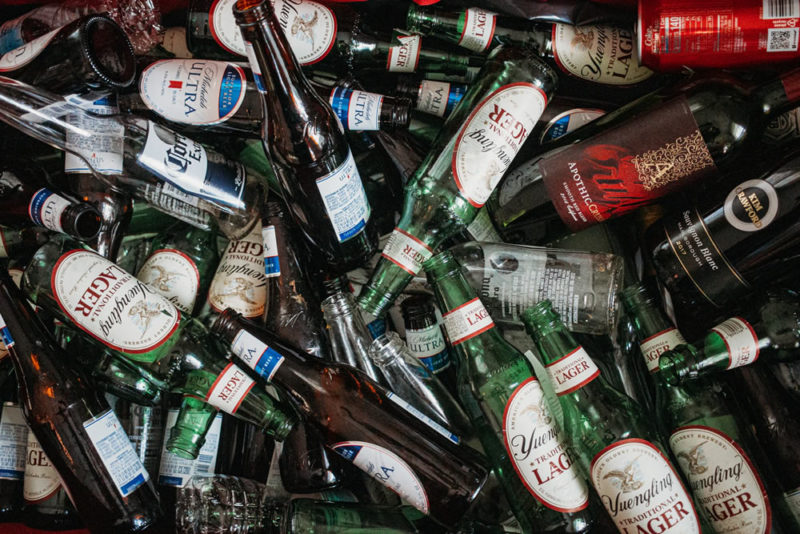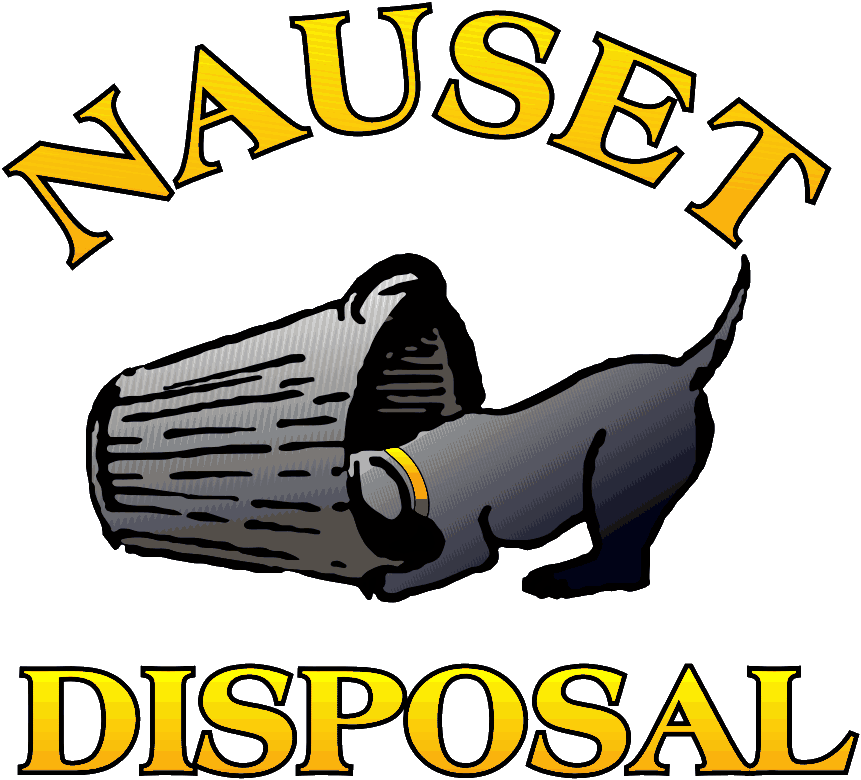
Help Nauset Disposal take a stance and vote NO to Question 2!
ABOUT THE 1983 BOTTLE DEPOSIT LAW
More than thirty years ago, Massachusetts introduced 5¢ forced deposits on soda and beer cans and bottles. Now, Question 2 will place deposits on products like tea, juice, sports drinks, and water. While the bottle deposit law may have been needed in 1983, today more than 90% of Commonwealth residents have access to curbside and other community recycling programs. These are the recycling methods most people prefer.
FACTS
WE’RE SAYING NO TO QUESTION 2.
HERE’S WHY:
THE BOTTLE DEPOSIT LAW IS AN OLD IDEA.
While forced deposit systems may have been needed 30 years ago, more than 90% of Commonwealth residents now have access to curbside and other community recycling programs. These are the recycling methods most Massachusetts residents prefer. By investing in these programs that are designed to handle all recyclable materials, Massachusetts can be a leader in recycling.
QUESTION 2 WILL BE EXPENSIVE.
You, as our customers, are already paying for curbside recycling. Per ton, forced deposit systems are three times more expensive to operate than curbside programs. Question 2 would broaden those deposits, costing almost $60 million a year to collect and handle the new containers. On top of that, every five years the deposit amount we pay would automatically increase. If the state-directed that $60 million dollars to expanding curbside recycling, it would be enough to provide every single-family household in the state with curbside recycling service.
- In addition to placing a 5¢ deposit on more items, Question 2 includes a provision that increases the nickel deposits we currently pay on products every five years without a vote by the people. That means Question 2 would cost much more in the years to come.
The above information has been provided by: http://www.noonquestion2.com/
For more information on Question 2 please click here.
